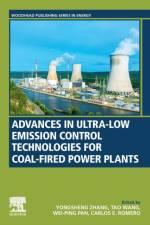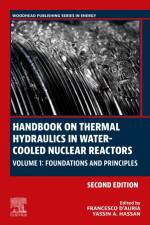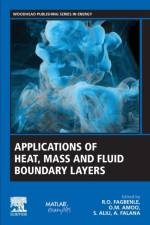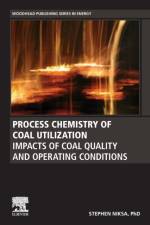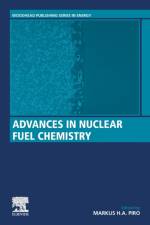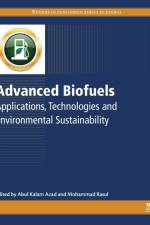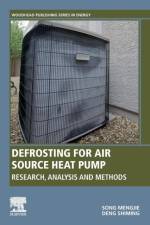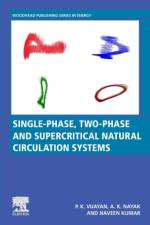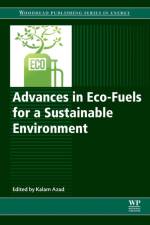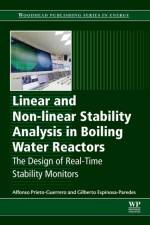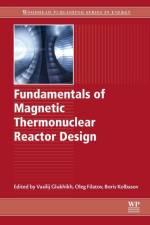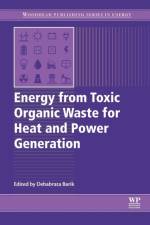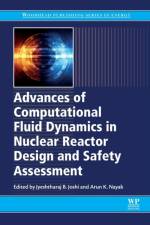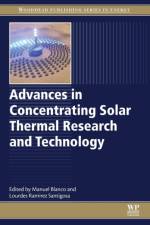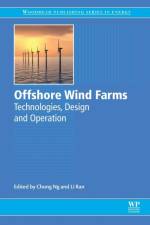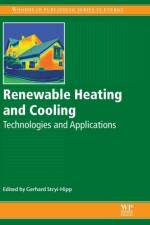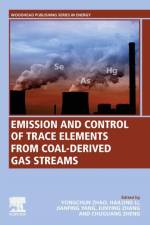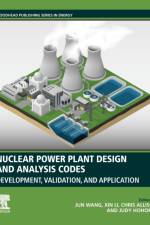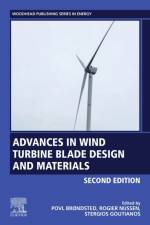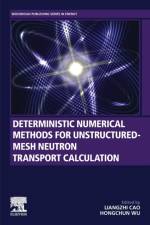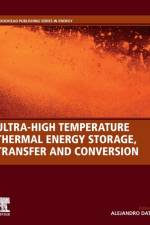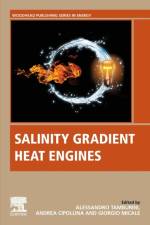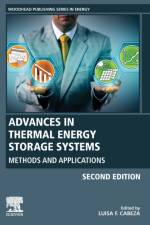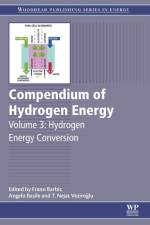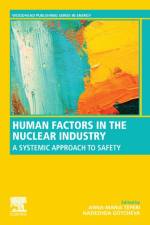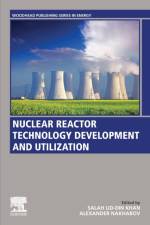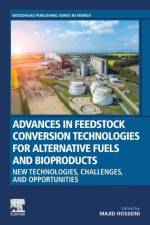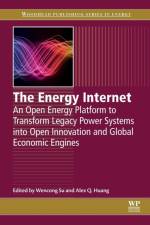- Methods and Applications
4 177
Advances in Thermal Energy Storage Systems, 2nd edition, presents a fully updated comprehensive analysis of thermal energy storage systems (TES) including all major advances and developments since the first edition published. This very successful publication provides readers with all the information related to TES in one resource, along with a variety of applications across the energy/power and construction sectors, as well as, new to this edition, the transport industry. After an introduction to TES systems, editor Dr. Prof. Luisa Cabeza and her team of expert authors consider the source, design and operation of the use of water, molten salts, concrete, aquifers, boreholes and a variety of phase-change materials for TES systems, before analyzing and simulating underground TES systems. This edition benefits from 5 new chapters covering the most advanced technologies including sorption systems, thermodynamic and dynamic modelling as well as applications to the transport industry and the environmental and economic aspects of TES. It will benefit researchers and academics of energy systems and thermal energy storage, construction engineering academics, engineers and practitioners in the energy and power industry, as well as architects of plants and storage systems and R&D managers. Includes 5 brand new chapters covering Sorption systems, Thermodynamic and dynamic models, applications to the transport sector, environmental aspects of TES and economic aspects of TESAll existing chapters are updated and revised to reflect the most recent advances in the research and technologies of the fieldReviews heat storage technologies, including the use of water, molten salts, concrete and boreholes in one comprehensive resource Describes latent heat storage systems and thermochemical heat storageIncludes information on the monitoring and control of thermal energy storage systems, and considers their applications in residential buildings, power plants and industry

